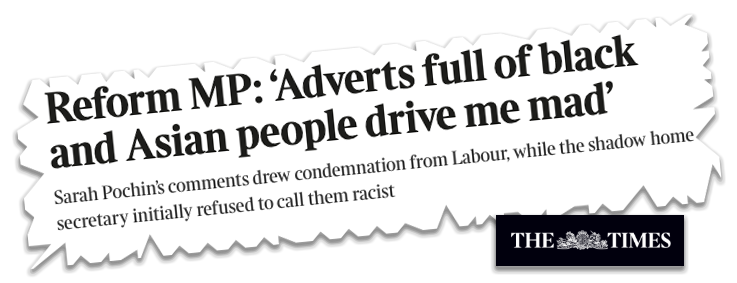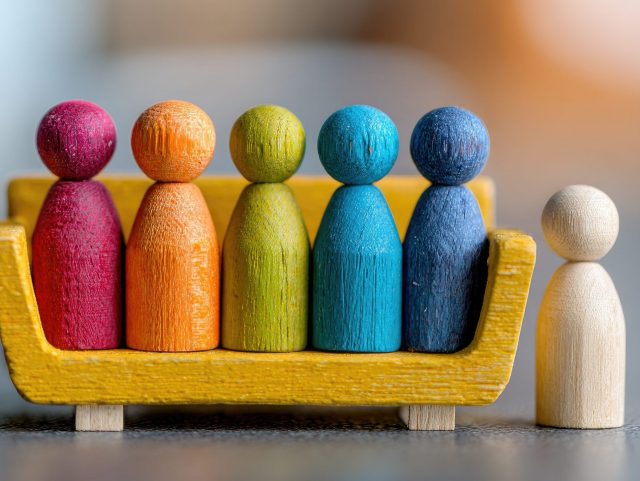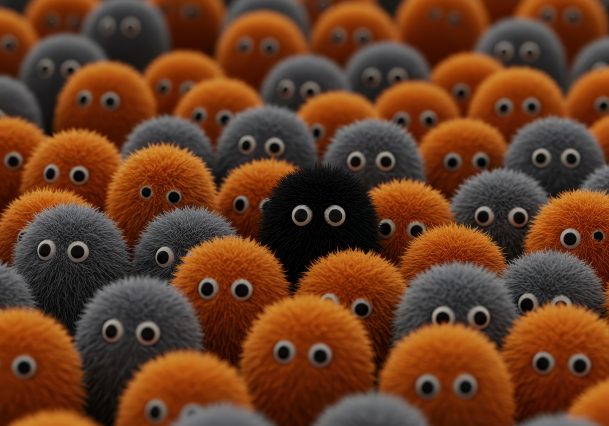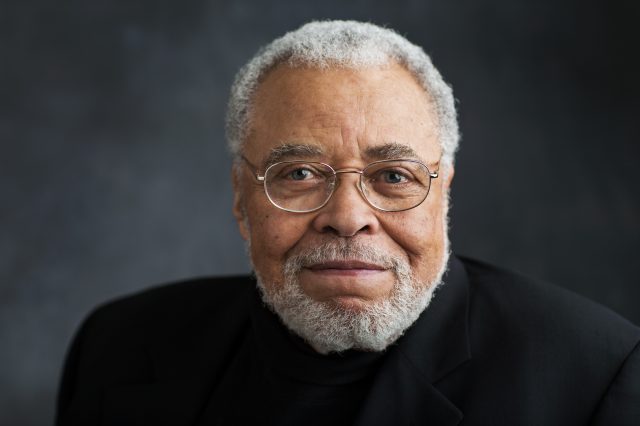Is it reasonable to expect marketing campaigns to reflect the demographics of the population they target, especially ethnicity? Should advertisements skew toward the majority ethnic group in a given society?
The short answer is no. And not simply because such expectations are inherently prejudiced. More fundamentally, this view misunderstands the purpose and mechanics of marketing itself.
Marketing is not a mirror held up to society. It is a strategic tool designed to promote products, build brand equity, and drive growth. Campaigns are crafted through segmentation, positioning, and targeting methods that focus on customer behaviour, needs, and aspirations, not demographic quotas.
Some brands do choose to align with social trends, especially when research suggests it will positively influence consumer perception. Diversity and inclusion initiatives, for instance, are often adopted to project empathy and modernity. But these choices are typically brand driven, not demographic mandates and rarely stem from a desire to overhaul business practices.
To insist that ethnicity should be the primary lens through which marketing reflects society is reductive. Attributes like education level, religious beliefs, income, and lifestyle are far more influential in shaping consumer behaviour and these are rarely represented proportionally in advertising either.
Consider the British population: its socio-economic diversity is vast, yet advertising often targets aspirational segments rather than offering a statistical cross-section.
Ultimately, if one views society through a lens of division, believing that national identity is defined by singular traits like ethnicity then it follows that one might expect media and marketing to reinforce that worldview. But marketing is not obliged to validate such a mindset. Its role is to connect, persuade, and perform not to replicate the demographic makeup of a nation.
So why would a politician make such a comment, or as it’s been described, an “ugly worded” observation? The desire to see the world reflected in our own image is deeply human. It’s one of our most basic instincts.
As a migrant who arrived in this country at the age of five, I remember searching for public figures I could relate to. There weren’t many. Even today, despite the rise of diversity and inclusion initiatives, representation remains patchy.
But positive discrimination won’t solve this. There will always be a group or “tribe” that feels excluded. The desire to be seen will persist, especially when people believe that birth right or majority status entitles them to greater visibility.
That belief that one group’s identity should dominate is the root of prejudice. It breeds fear, resentment, and anxiety when minority groups are perceived as “over-represented,” even in fields like marketing that are not inherently empathetic.
Fear leads to anger. Anger leads to the urge to suppress, dominate and exclude. And so the ideology of “fit in or leave” takes hold.
The comments made by Reform Party MP Sarah Pochin exemplify this cycle: fear, anger, and the desire to control. They are rooted in a worldview that sees difference as threat.
We can empathise with the human need to belong. But as we evolve, we must also develop the emotional intelligence to recognise that some of our primal instinct, like tribalism, no longer serve us. They hinder us, collectively, as a society.
We should expect more from our politicians. Not because it wins votes, but because it builds a better, more emotionally intelligent society.

|SUPPLEMENTAL
Diversity is not simple…..







